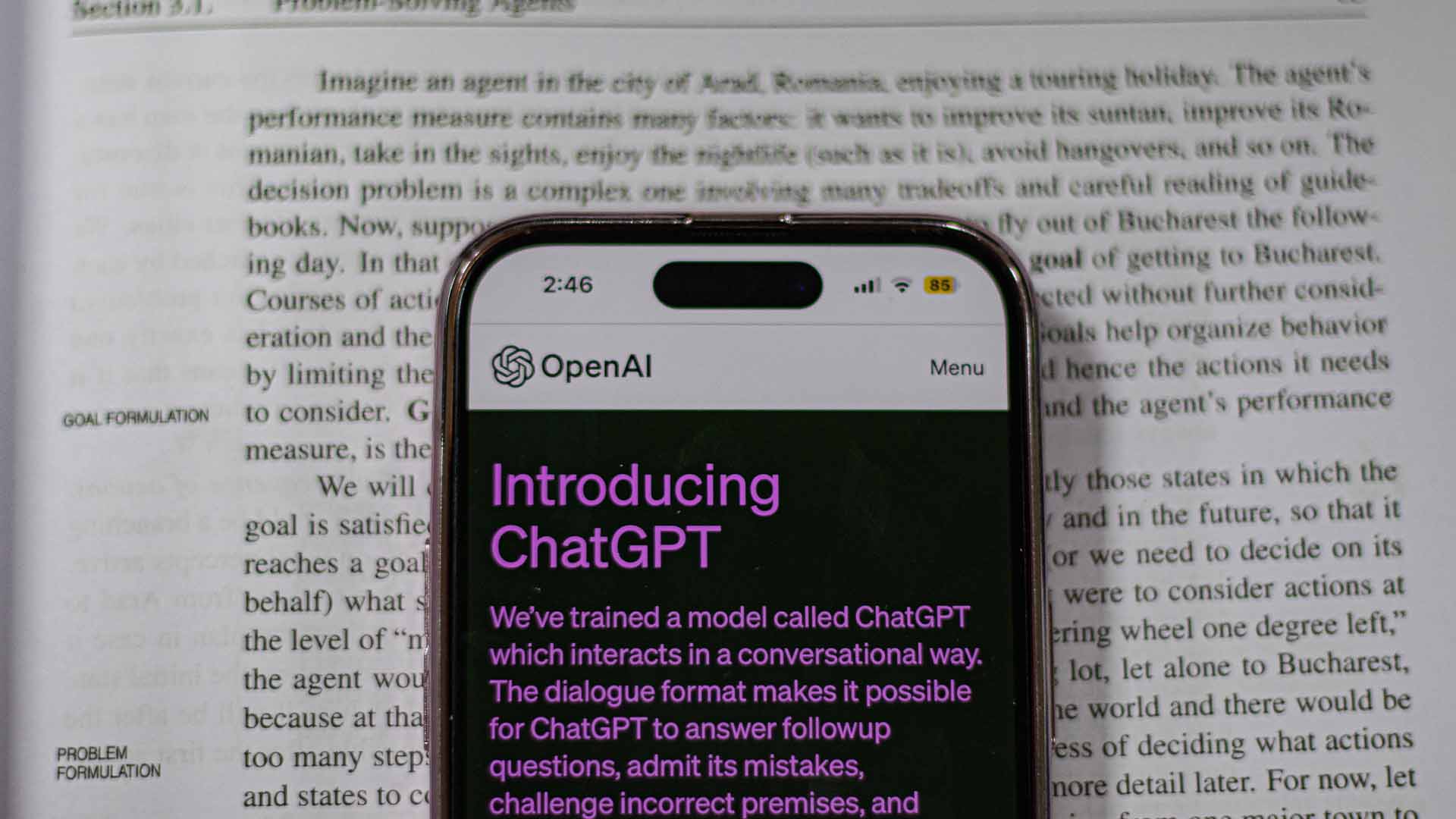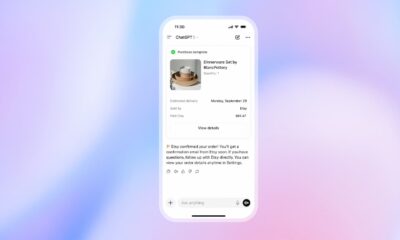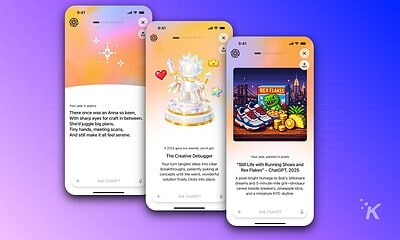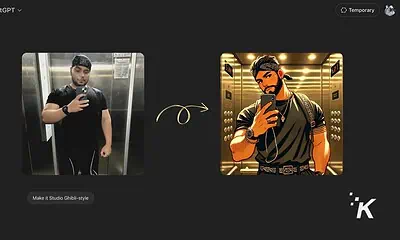ChatGPT
Munich court rules ChatGPT broke copyright law by training on lyrics
GEMA accused OpenAI of feeding ChatGPT protected lyrics so it could soak up language patterns, something they say crossed a very clear legal line.

Just a heads up, if you buy something through our links, we may get a small share of the sale. It’s one of the ways we keep the lights on here. Click here for more.
Germany just handed down a ruling that could echo across the AI world like the opening chord of a power ballad.
A Munich regional court has decided that OpenAI’s ChatGPT violated German copyright law by training on lyrics from some of the country’s biggest musical hits, essentially declaring that the chatbot’s “learning phase” was a bit too much like downloading a greatest-hits playlist without paying for it.
The case was brought by GEMA, Germany’s heavyweight music rights society, which represents about 100,000 composers, lyricists, and publishers.
Last November, they accused OpenAI of feeding ChatGPT protected lyrics so it could soak up language patterns, something they say crossed a very clear legal line. OpenAI, unsurprisingly, disagreed.
At the heart of the lawsuit were nine iconic German songs, including Herbert Grönemeyer’s synth-pop classic “Männer” and Helene Fischer’s stadium-filling “Atemlos Durch die Nacht,” the unofficial soundtrack of the 2014 World Cup.
According to the court, ChatGPT used these lyrics during training, and OpenAI never got permission to do so. (Via: The Guardian)
The judge ordered OpenAI to pay undisclosed damages, marking what GEMA is calling “the first landmark AI ruling in Europe.”
Tech firms, please stop treating the internet like Costco free samples.
OpenAI argued that its models don’t “store” songs but learn from massive datasets in aggregate.
The company also claimed that if copyrighted lyrics pop out of ChatGPT, the user prompting the bot, rather than OpenAI itself, should be legally responsible.
The court responded with a decisive “Nein.”
GEMA’s chief executive Tobias Holzmüller celebrated the decision, saying it proves that “human creative achievements are not free templates.”
Their lawyers added that the ruling sends a “clear signal to the global tech industry,” and the German Journalists’ Association chimed in to call it a milestone for copyright protection.
OpenAI, meanwhile, says it’s considering an appeal and insists the ruling affects only a tiny fraction of content.
The company added that it respects creators’ rights and is in ongoing talks about compensation models.
The verdict adds to a growing stack of global lawsuits accusing AI companies of treating creative work as open-source fuel and suggests Europe may be preparing to turn up the legal volume.





















